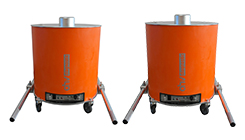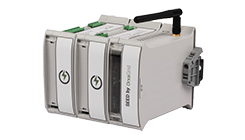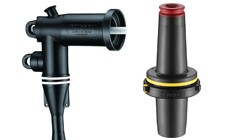Durable Timber Pole Solutions for Electricity and Communication Infrastructure
At Dutco Tennant LLC, we offer impregnated wooden poles for electricity and communication lines. Lengths range from seven meters up to 16m, but the main demand is for 10–12m long poles. However, our products are also used for many other purposes where impregnated and peeled timber can be used such as fence posts, tower poles, piles and many other options.
Designed for long-term outdoor performance, these poles are manufactured using controlled technological stages to ensure strength, durability and compliance with international standards for ground-contact timber applications.
Wooden Poles: Engineered for Structural Reliability
- Raw Material – Manufactured from selected Scots Pine Pinus Sylvestris
- Standards Compliance – Recognized internationally for pole production suitability
- Preservative Absorption – Sapwood structure enables deep preservative penetration
- Ground Durability – Long-term protection in ground contact conditions
- Growth Characteristics – Slow northern growth forms dense annual rings
- Structural Strength – Dense timber provides durable infrastructure support
Manufacturing Advantages Of Our Wooden Poles
- Available in lengths from 7m up to 16m
- High demand range between 9–12m
- Manufactured from Scots Pine "Pinus Sylvestris"
- Dense and durable slow-growing timber
- Two-stage peeling process for smooth surface finish
- Final defect inspection after peeling
- Dried to 25–28% moisture before impregnation
- Impregnated using full cell Bethell method
- Pressure-treated in 19.5m autoclaves
- Preservative protection against decay, insects and microorganisms
Types
Standard Length Poles
Designed for electricity and communication line installations.
- Available from 7m to 16m
- Main demand 9–12m
- Sorted according to diameter and length specifications
Tanalith E Impregnated Poles
Pressure-treated with Tanalith E preservative.
- Provides long-term ground contact protection
- Suitable for electrical and telecom networks
- Enhanced resistance to decay
Creosoted Poles
Treated with creosote preservative.
- Designed for demanding environmental conditions
- Provides extended durability
- Suitable for heavy-duty applications
Standout Features & Benefits
Deep Impregnation
- Full cell Bethell method treatment
- Vacuum and pressure process
- Long-term wood preservation
Structural Strength
- Dense pine structure
- Small annual growth rings
- High load-bearing capacity
Quality Processing
- Rough and smooth peeling stages
- German Bezner FML-10 finishing
- Careful raw material selection
Controlled Drying
- Moisture reduced to 25–28%
- Natural air drying or kiln drying
- Faster completion of individual orders
Long Service Life
- Protection from decay and insects
- Suitable for ground contact
- Reliable performance in outdoor environments
Application Areas
Electricity Transmission Lines
- Overhead power line support
- Long-span installations
- Stable structural performance
Communication Networks
- Telecom line infrastructure
- Reliable pole-mounted systems
- Long-distance connectivity support
Fencing & Structural Uses
- Fence posts and boundary systems
- Tower poles
- Piles and other timber construction applications

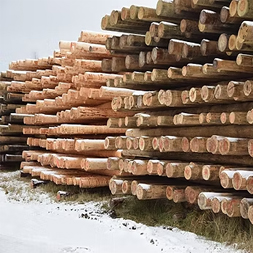
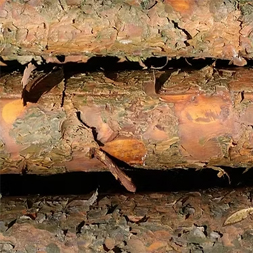
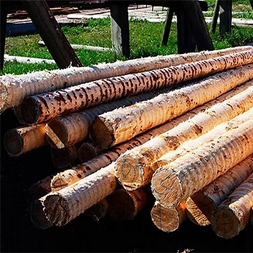
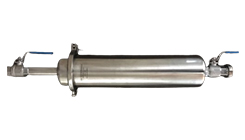
_01.jpg)
